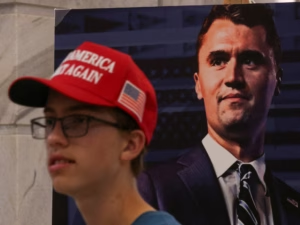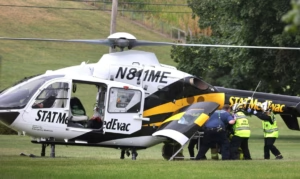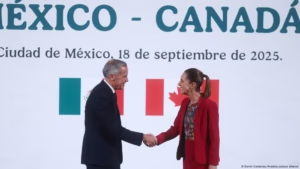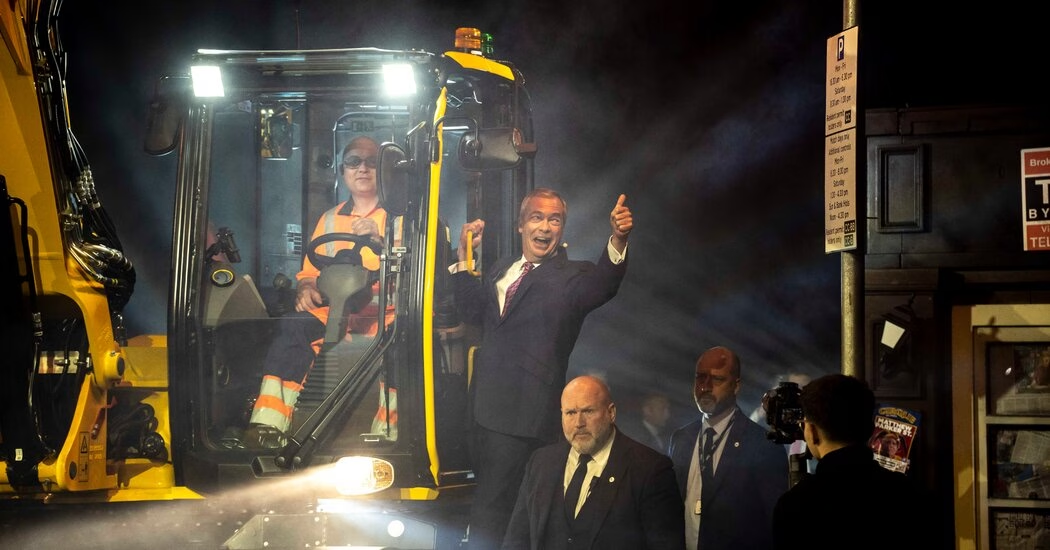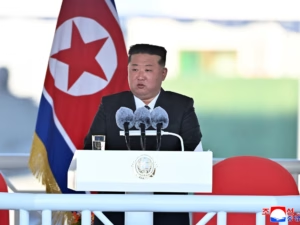The booming beat of a dance track escalated to a deafening level, causing the crowd in Birmingham, central England, to rise to their feet. Strobes of light swept across the vast arena. Then, finally, Nigel Farage, the notorious right-wing populist who promises to mend a “broken Britain” and the leader of the anti-immigration Reform U.K. party, made his entrance, arriving atop a backhoe.
Having learned from President Trump’s campaign techniques, Mr. Farage has reintroduced the political rally back into Britain. In preparation for municipal elections and a special election in England on May 1, he has been traveling across the country, taking the stage in various locations, grinning, joking, and vehemently denouncing “illegal immigrants,” whom he vows to deport.
Under Mr. Farage’s leadership, Reform U.K. has substantially increased its polling numbers since his return to the party’s helm and his subsequent election as a British lawmaker. In fact, the party now consistently polls around 25%, outpacing both the main opposition Conservatives and potentially even the governing Labour Party.
The upcoming elections will test Reform’s ability to translate its polling success into actual political power. Analysts anticipate that the party could claim hundreds of municipal seats, secure two regional mayoralties, and possibly win a fiercely contested special election for a parliamentary seat.
Mr. Farage, a charismatic and gifted orator, much like Mr. Trump, is adept at pitting “us against them,” specifically when addressing topics of undocumented immigration and other political adversaries. In a time where British politics have largely shifted from public orations to television and social media, his rallies are exceptions. So far, his approach has gathered crowds only during electoral campaigns or at the annual party conferences. Yet, Jeremy Corbyn, the former hard-left leader of the Labour Party, showed the potential of such rallies when he spoke at the Glastonbury music festival to enthusiastic crowds in 2017.
Neil Kinnock, a former leader of Labour, described political rallies as having fallen out of fashion, referring to his own platform speeches and even to a rally of his party that some critics felt contributed to Labour’s 1992 defeat. However, Mr. Kinnock acknowledged the effectiveness of Mr. Farage’s speeches in appealing to certain audiences.
Farage’s rally formula has been compared to Trump’s events for its repetitive themes, including strong stances on immigration and its consequences. As a key factor behind Mr. Trump’s political rise, these events have listenersünfomely knowing that Mr. Farage has become a significant figure among MAGA supporters since appearing with Trump in 2016.
Despite the rally in Birmingham not living up to its promised size, with thousands of attendees traveling from afar, Mr. Farage managed to attract more participants than any other British political party has recently attempted. His political career, which includes leadership of multiple parties and a campaign for Brexit, has consistently been marked by such significant public gatherings.
Caroline Woodman from Leigh on Sea and Gary Jackson from east Yorkshire, who represent a cross-section of Reform U.K. supporters, expressed their enthusiasm for Mr. Farage’s honest and nationalistic rhetoric. Experts infer that such rallies are energizing the necessary supporters, potentially turning Reform U.K. into a major political force by the next general election in 2028 or 2029.
Source: https://www.nytimes.com/2025/04/30/world/europe/nigel-farage-rallies-uk-local-elections.html
